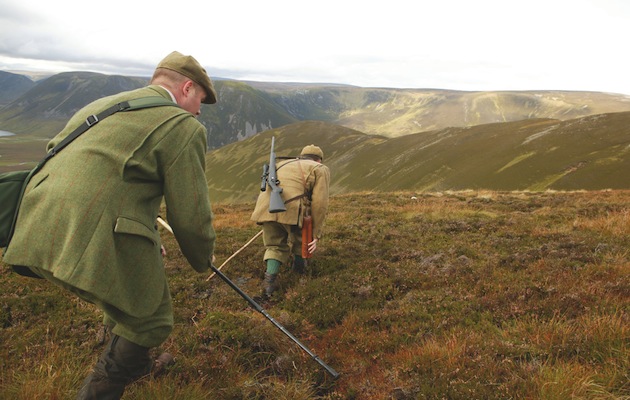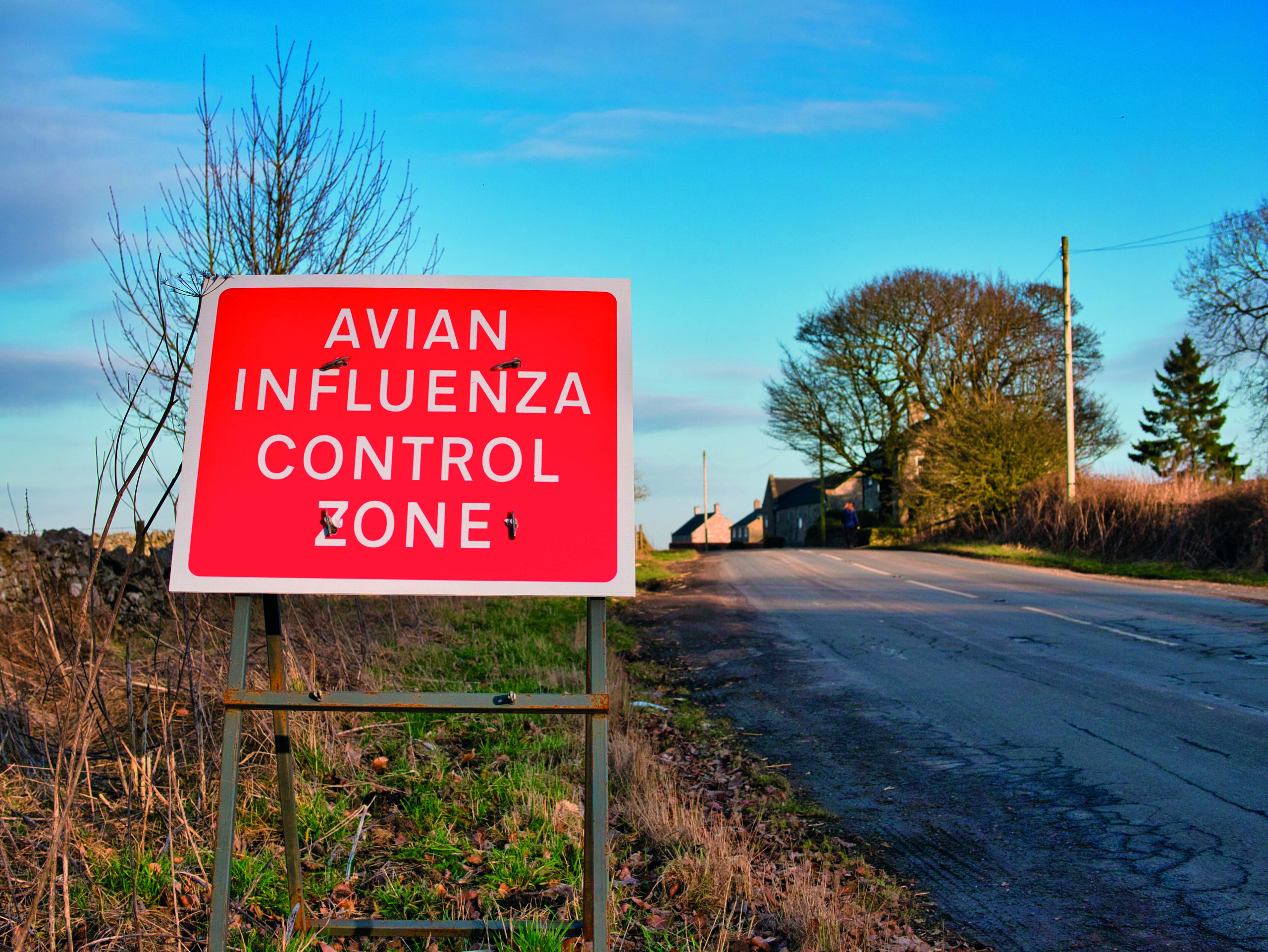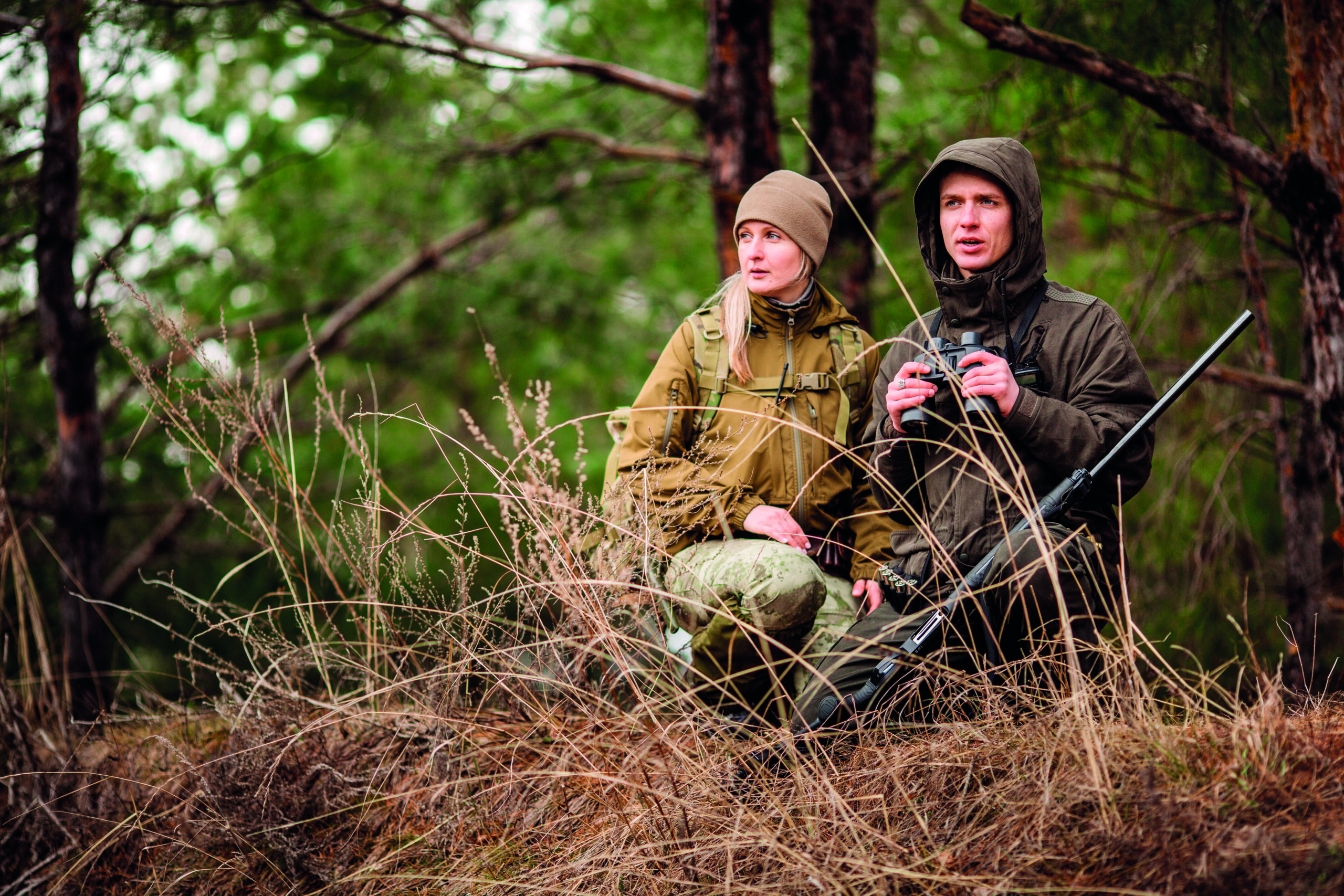Scottish Land Reform Bill could soar the price of shooting and stalking
Scotland's Land Reform Bill proposes new business rates for estates and has provoked fears that many may have to close

Ordinary deerstalkers and gameshooters could be the first to suffer following the publication of the Scottish Land Reform Bill last week.
The bill, which aims to widen the ownership of land throughout the country, includes proposals to end the exemption on business rates for shooting estates, which landowners have not been required to pay since 1994. Some argue that bringing the rates back will make estates unprofitable, forcing gamekeepers and other country workers out of business, which in turn will lead to a detrimental impact on conservation management and rural tourism.
All agricultural land could potentially be impacted
In fact, the Scottish Government has not yet provided any detail on how land will be taxed. Pre-1994 the rates were based upon the potential for sport rather than whether there was any taking place. This means that all agricultural land, including farming, forestry and crafting interests could potentially be impacted by the new rates — not just shooting estates.
Experienced stalker and CIC judge Iain Watson said stalkers and shooters are likely to feel the pinch of increased rates more than others: “Relief of this burden was introduced in 1994, and at the time was a significant benefit to many who were renting ground either for gameshooting or for recreational deerstalking. Its re-imposition will undoubtedly impact on the cost of leases and be reflected on the price of buying days or weeks stalking.”
But Mr Watson also suggested that it wasn’t entirely bad news for shooting estates. “I suppose it has to be remembered that pre-1994 when rates were in place, keepers were employed, and stalking and shooting were alive and well. For very big owners the agricultural subsidy far outweighs any impact of a reintroduction of sporting rates.
“Those most likely to see the effect will be ordinary stalkers and shooters renting their sport. I remember back in the day renting a lump of Forestry Commission woodland, the sporting rates doubled the bill each year. If the same happens this time it will come as a huge shock to individuals who may have overbid the value of stalking leases in the first instance.”
Calls for land reform in Scotland
MSP calls for a fairer distribution of land
Controlling deer
The bill also adds powers for Scottish Natural Heritage to insist that owners and occupiers undertake deer management of land it is “substantially interested” in. This is deemed to be land where the control of deer would prevent damage to woodland, agricultural production, the welfare of deer or the natural heritage generally.
It also includes damage to public interests of a social, economic or environmental nature, or injury to livestock, whether by serious overgrazing of pastures, competing with any such livestock for supplementary feeding or where deer have become a danger or a potential danger to public safety.
Land reform minister Aileen McLeod has said she believes reform is key to tackling inequality, but not everyone agrees with her sentiments.
David Johnstone, chairman of Scottish Land & Estates, said: “The publication of this bill will result in fundamental and far-reaching changes to the way that land is managed and owned in Scotland. The penalty for failing to comply with a deer control scheme has also increased to £40,000.
“Land reform campaigners continually say that too much land is owned by too few people. In reality, this legislation will have an impact on tens of thousands of people across Scotland who own and manage all sorts and sizes of land holdings.”
Alan Balfour, chairman of BASC’s Scottish Committee, called the reintroduction of business rates “a step backwards,” while Dr Colin Shedden, director of BASC Scotland, said it would be “regrettable” if the changes were to disadvantage Scotland as a world-class country sports tourism destination. He added: “We will also argue strongly that shoots that manage their land in a sustainable manner should be eligible for even further rates relief.”









